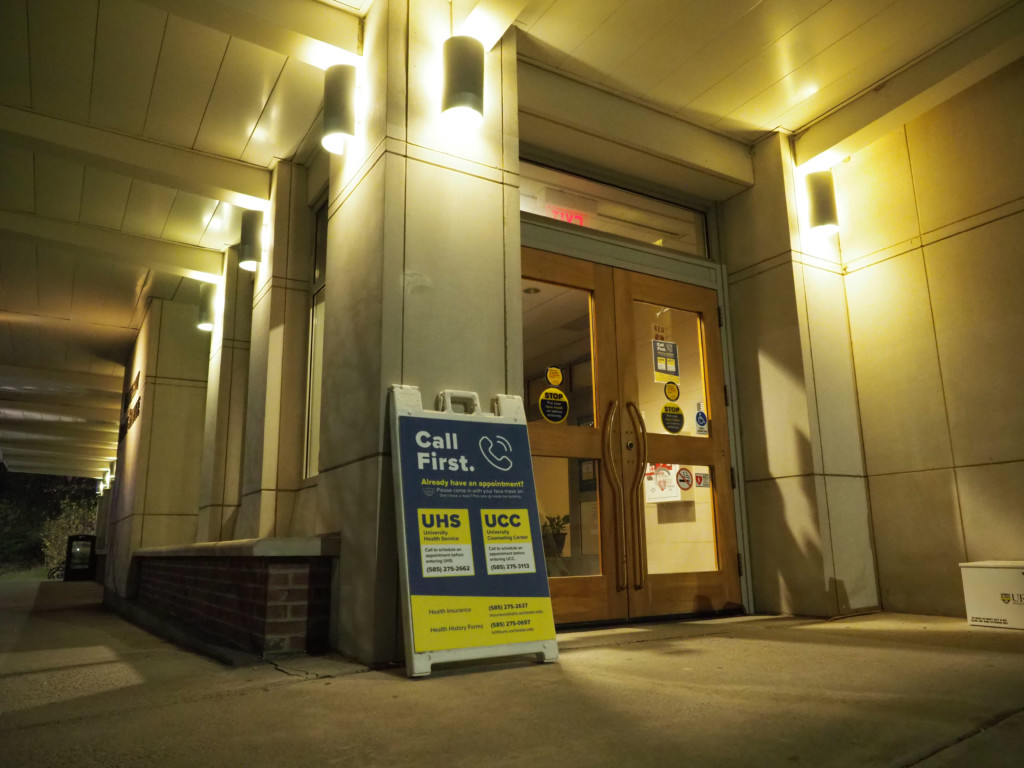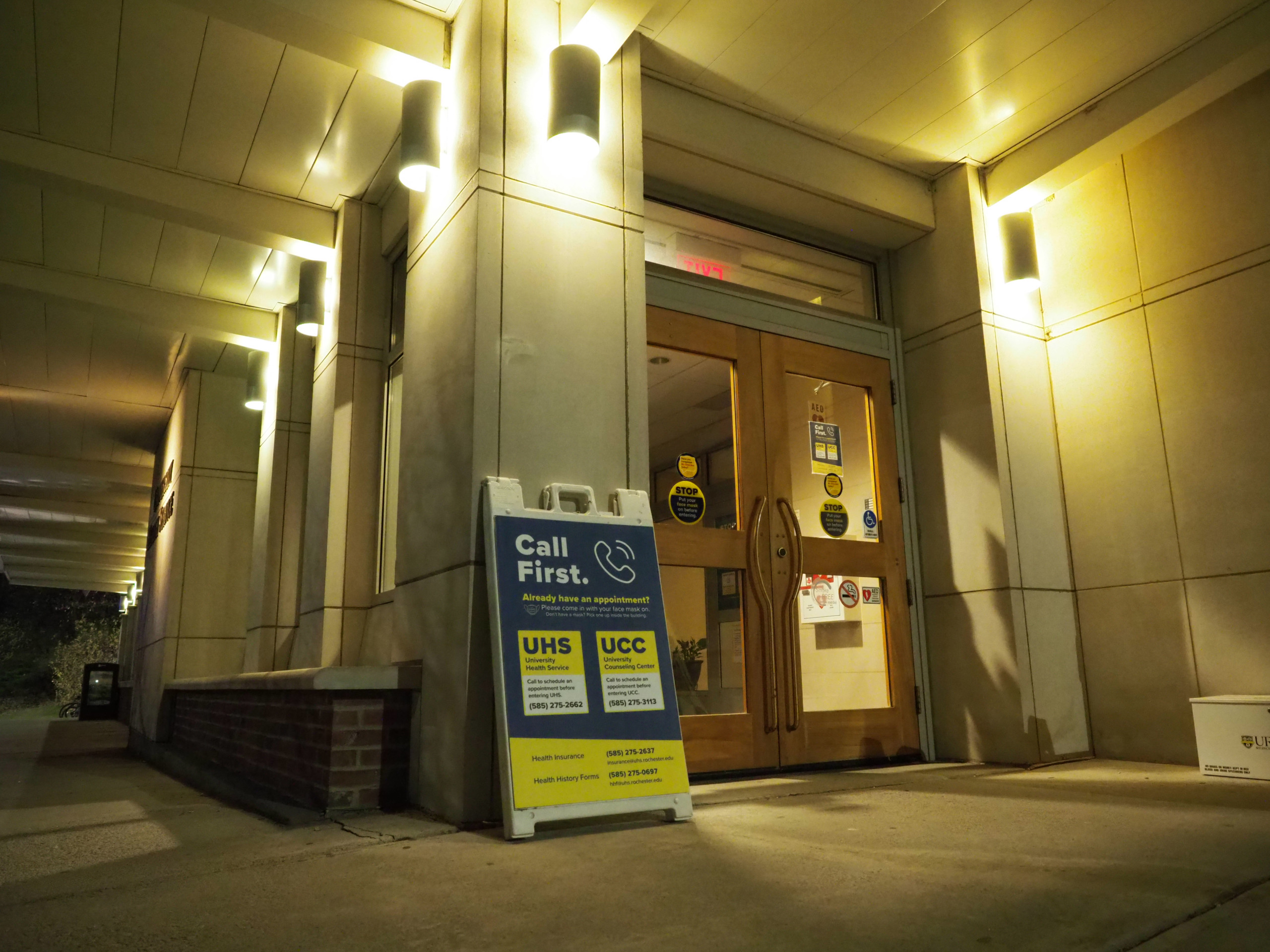Beginning Fall 2021, a new Mental Health Task Force program will be implemented so that trained UR graduate students will respond to mental health emergencies on campus.
According to University Counseling Center (UCC) director Brigid Cahill, the program is intended to improve mental health services within the residence halls. Because of the impact of conversations about mental health responses, especially within the Rochester community after the murder of Daniel Prude, Cahill expressed that UCC and the Department of the Public Safety (DPS) felt it critical to implement the program.
“We’ve really worked hard with DPS to develop good relationships so we’ve got good communication with them and there’s a pretty decent level of mutual trust,” said Cahill. “[DPS] and [UCC] realize the impact of having uniformed officers show up when someone’s feeling suicidal or at their most vulnerable; it’s just not helpful, especially given the world today. But even if we took recent events out, that’s just a really difficult situation. It’s scary [and] overwhelming.”
In an interview with Campus Times, senior and UR Abolition Coalition (URAC) member Antoinette Nguyen outlined why students have felt uncomfortable with DPS’ presence: “There are so many levels of difficulty when you’re in a mental health crisis and trying to get help. For one, it’s an extreme taboo, and it may feel like, ‘what’s wrong with me right now?’ Even though it can manifest physically, the internal barriers can be hard to overcome.”
Acknowledging current events and the stressors that situations with uniformed officers put on students, Cahill said that the stance they always have is empathy first, and “if we can’t have empathy for what someone’s going through, we shouldn’t be doing the work.”
“It’s really quite exciting because they really seem to be on the same page as us. What isn’t as exciting is that many of the calls will still be accompanied by DPS,” said Nguyen.
Currently, either UCC or DPS receives after-hour phone calls for mental health emergencies. According to Cahill, UCC has conducted the responses entirely over the phone, while DPS responds on-site.
The four graduate students will work rotational shifts so that someone is on call as soon as a mental health emergency comes in. Having received a stipend from DPS, the grad students will be housed through Residential Life so they are more accessible.
They’ll also be expected to put on programming and have drop-in hours in one of the residential offices. Students can then reach out for additional resources.
Cahill hopes that by having more access to mental health support, more crises will be prevented and the need for mental health calls will reduce.
“The more that people have an awareness that we’re all impacted by mental health in some way, the more that we will have [mental health] as a value on campus.”


